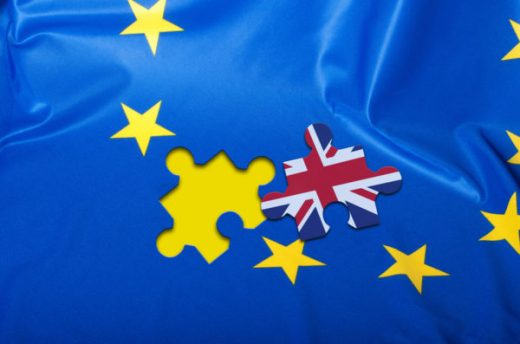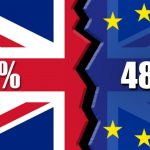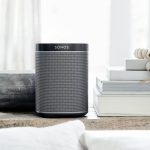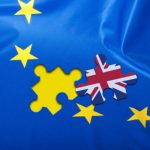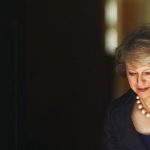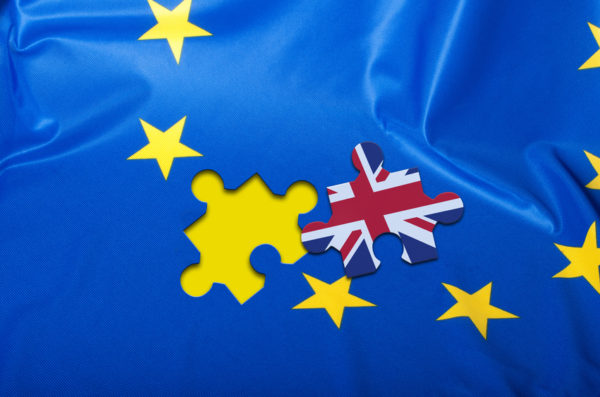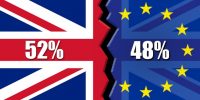Brexit muddies waters for UK IoT firms selling into Europe
Brexit muddies waters for UK IoT firms selling into Europe

The British decision to exit the European Union is creating uncertainty for U.K. Internet of Things (IoT) statups looking to sell gadgets in Europe.
In an article by the Register, Damon Hart-Davis discusses the impact of the vote for the British to exit the EU (Brexit) on his company. He runs OpenTRV, a green-tech startup that sells smart radiator valves.
The natural core market for OpenTRV products is the EU which, including the U.K., totals nearly 500 million people. And so Hart-Davis says it is paramount for British-based IoT firms like his to maintain access to the whole continent.
However, he says there is much uncertainty surrounding the ubiquitous CE stamp which is required for most IoT gadgets and appliances sold in Europe. The stamp indicates that the equipment has complied with standards that can cover everything from radio band use to safety.
“On the regulatory front alone, what do I, or someone else in my position, need to know about how the world of CE marking will change?” he asks.
Political negotiations on future relations between the EU and Britain haven’t even begun. Yet Hart-Davis has learned that some industry experts are already speculating about how such standards would work in the post-Brexit reality.
“Long-term there is likely to be some loss of influence on setting new standards where the UK would not, post-Brexit, have an automatic right to participate in EU working groups,” he says.
However, in the past non-EU citizens from such countries as Norway have been able to make contributions to standards working groups. This could indicate that Britain won’t be frozen out of the dialogue around industry standards.
“Unless the UK and EU have a really major falling out, the UK is likely to be able to continue to contribute and influence,” said Hart-Davis.
Brexit still years away
By most estimates it will take years to disentangle Britain from the web of EU laws and regulations as both parties renegotiate such issues as trade treaties and industry standards.
In the meantime Hart-Davis says that most industry experts he’s spoken with say that the best approach is to soldier on with the CE compliance standards.
Indeed CE compliance may remain the standard for U.K.-based IoT device makers for the foreseeable future as industry would likely find another layer of standards cumbersome to manage.
“Manufacturers are unlikely to want to have to support extra U.K.-only standards for cost and complexity reasons if possible,” he says. “The CE mark will probably continue to work much as now from a purchaser’s point of view, either consumer or business, across all the current EU-27 and UK across the Brexit epoch.”
The post Brexit muddies waters for UK IoT firms selling into Europe appeared first on ReadWrite.
(25)

